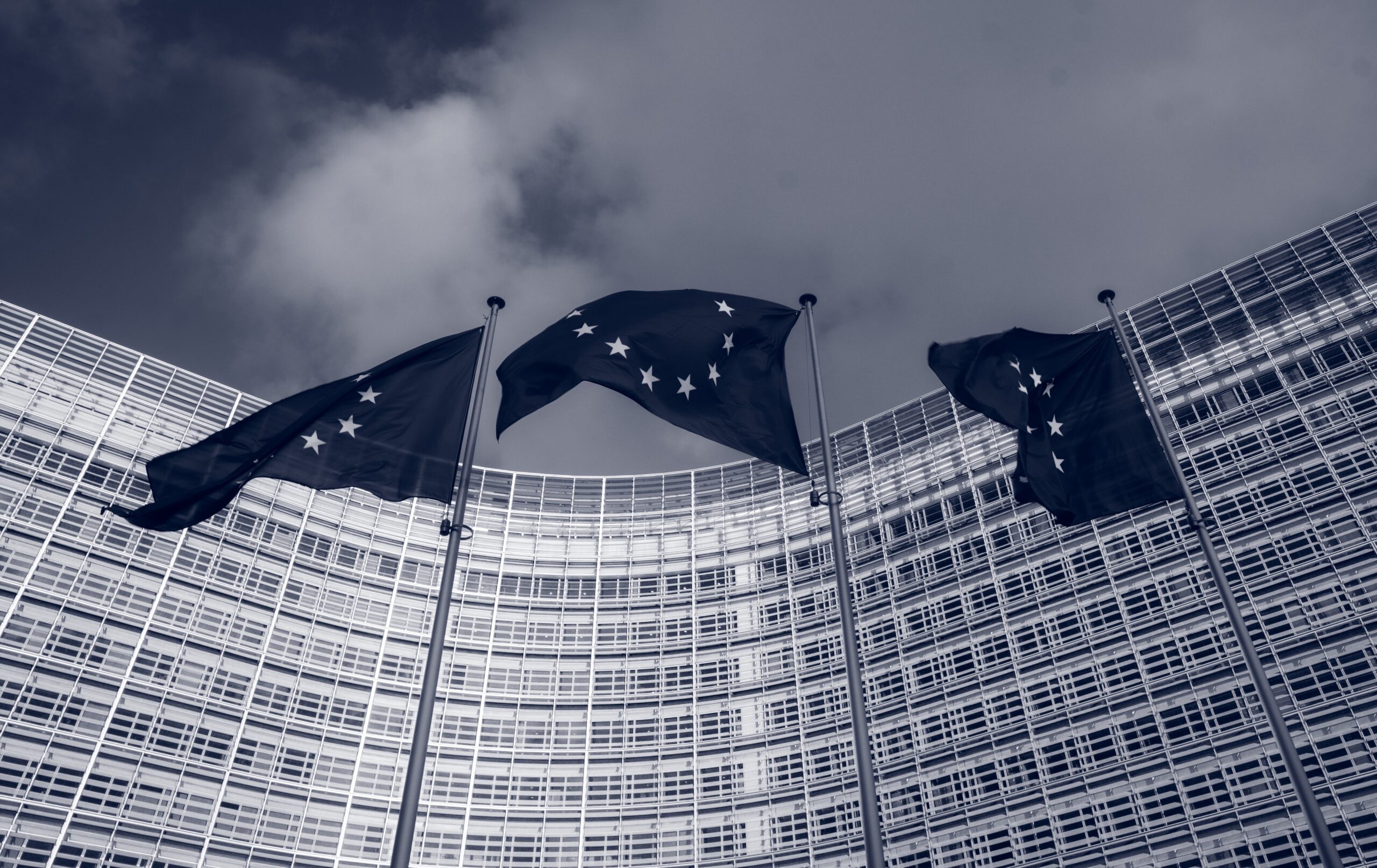Antaris is currently working with a number of organisations which we have assisted in registration to the Eco-Management and Audit Scheme (EMAS).
EMAS was developed by the European Commission for companies and other organisations to evaluate, report, and improve their environmental performance. EMAS is seen to align with the Environment, Sustainability and Governance (ESG) principles and strategies through its focus on transparency and openness. Organisations are increasingly conducting ESG due diligence on potential suppliers, contractors or subsidiaries, and EMAS provides evidence that your company is complying with ESG principles and performance.
The principles of sustainability and ESG are strongly linked to transparency, openness and communication, and these are becoming more important in the global economy as it faces climate change. EMAS requires an Environmental Statement to be published to demonstrate continual environmental improvement, or where applicable, to explain why objectives have not been met. This is also required for EPA-licensed facilities but in a different format (the AER).
A valuable support for EMAS registration is the European Commission’s EMAS resources website which contains guidance, tools and case studies. This is particularly useful for smaller companies and SMEs, on which it is particularly focussed. The tools are linked, which is useful in demonstrating links between the various processes of the Regulation (e.g. operations, environmental aspects and impacts, and associated data).
If you are an SME, there are further advantages to EMAS registration:
- You can carry out the EMAS full verification every four years, instead of every three
- The time period for an internal audit can be extended from one year to two
- You can publish your environmental statement every two years instead of every year, provided that you forward the non-validated, updated environmental statement to the Competent Body every year
- Environmental verifiers take into account an SMEs’ specific characteristics when evaluating their environmental management system and report
- Fees are designed to be proportionate to the size of the organisation
Companies and organisations working with, or supplying into, the EU will also benefit from the recognition of EMAS, particularly in countries such as Germany, Italy and Spain, where there has been a high rate of EMAS registration among companies and organisations.
EMAS reflects the openness and transparency required for an organisation committed to ESG and sustainable development. It is predicted that EMAS registration will become more attractive to customers and institutions as the ESG trend develops further. This may be a good time to re-assess whether EMAS is the right scheme for your organisation.








